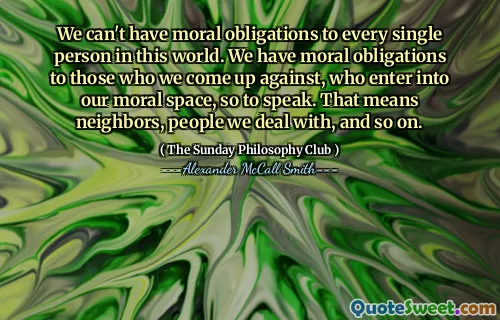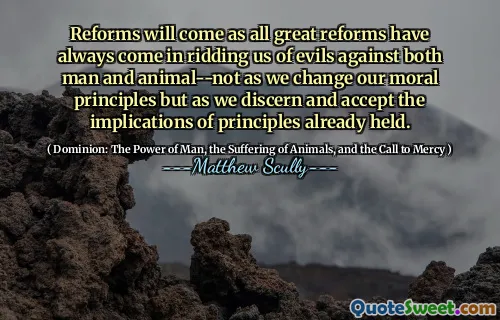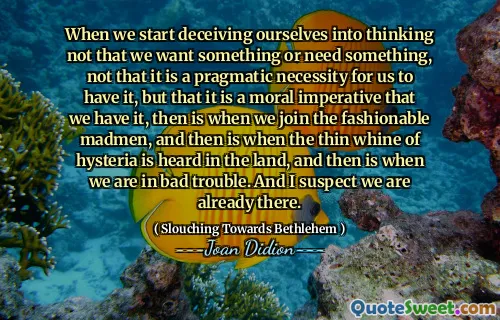
Killing is for those with a sick mind.
This quote prompts a profound reflection on the nature of violence and morality. At its core, it suggests that the act of killing reveals something fundamentally disturbed within a person's psyche. It raises questions about the roots of violent behavior—whether it's driven by malicious intent, psychological disorders, environmental influences, or societal factors. From a moral standpoint, the statement implies that killing is an expression of a twisted mind, thus deeming it morally reprehensible. In literature and real life, many narratives explore the fine line between sanity and insanity, particularly when it comes to acts of violence. This quote also invites introspection about the importance of mental health awareness and the societal measures needed to prevent such disturbing acts. It underscores how crucial it is to maintain mental stability, empathy, and understanding within communities to avoid the dangerous manifestations of a sick mind. Moreover, the phrase may serve as a critique of those who justify violence, implicitly condemning any rationalization that downplays the psychological damage involved. Overall, the quote underscores the devastating consequences of a disturbed mind and challenges us to consider how we recognize, treat, and prevent the escalation of mental illness into destructive behavior. It speaks to the need for compassion, intervention, and perhaps a reevaluation of what it means to be mentally healthy in a complex world.





